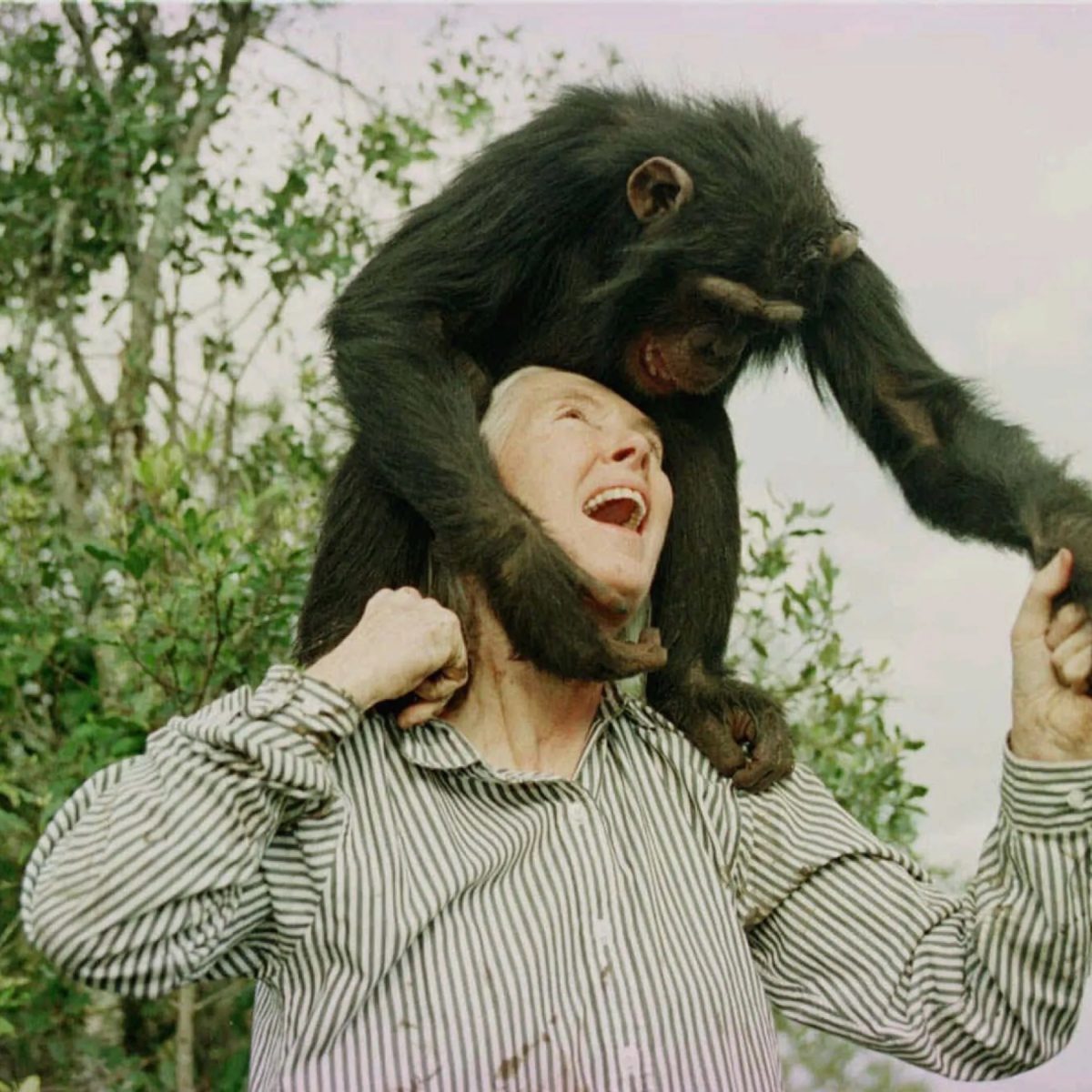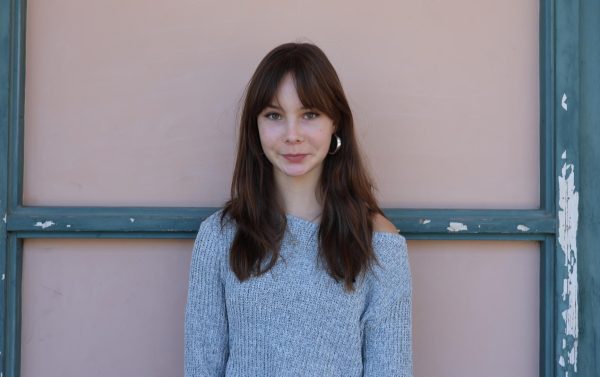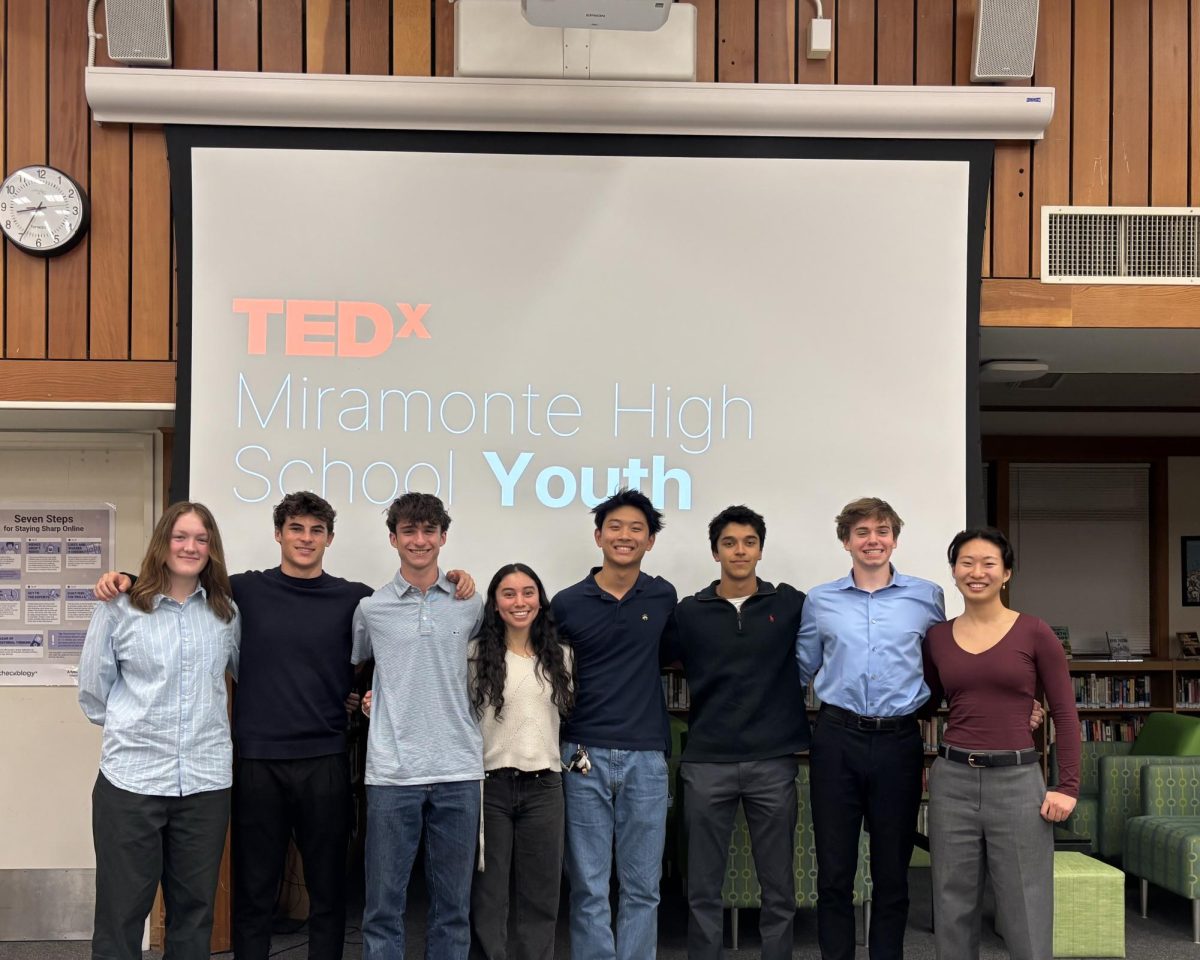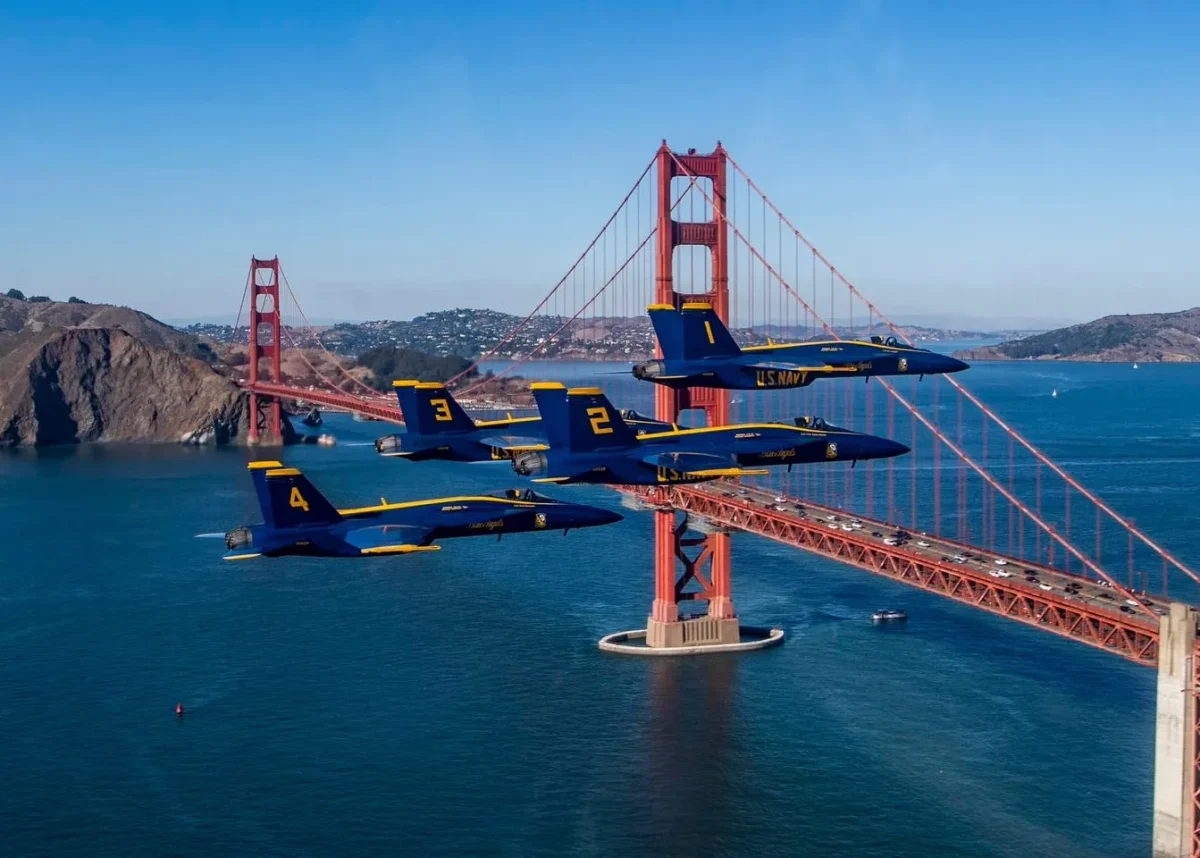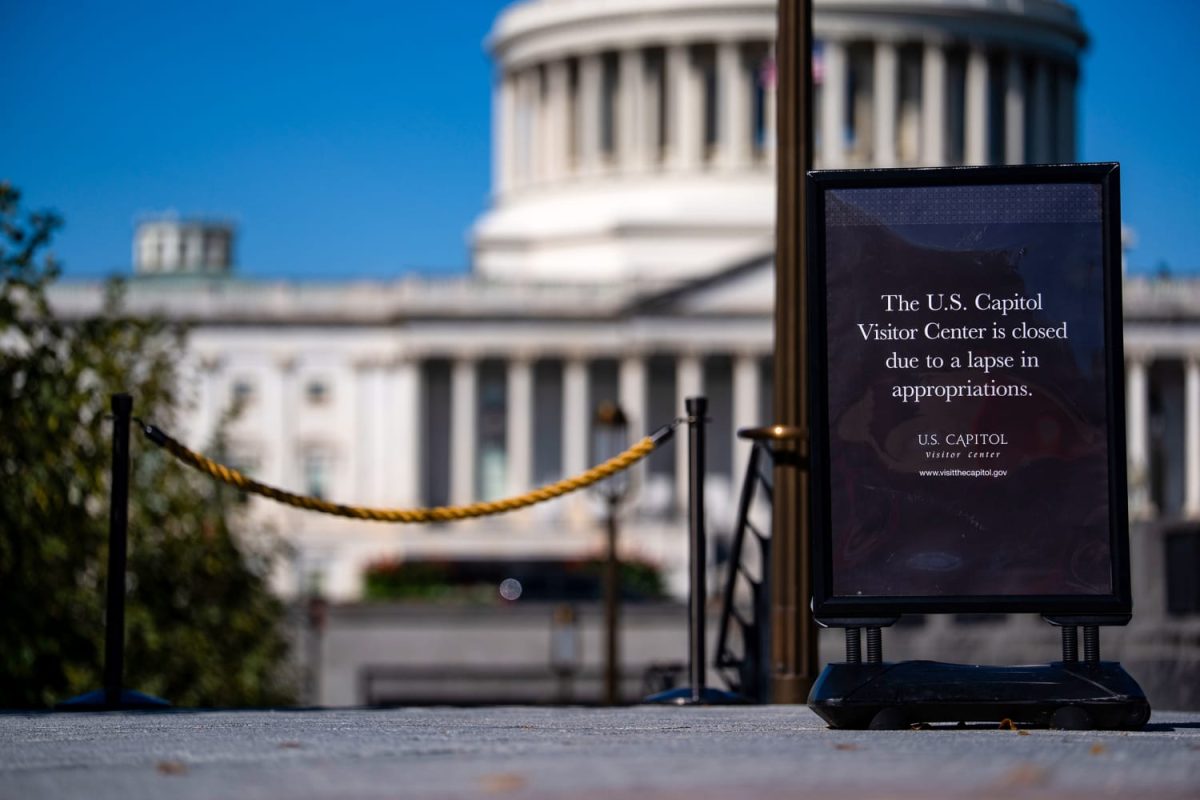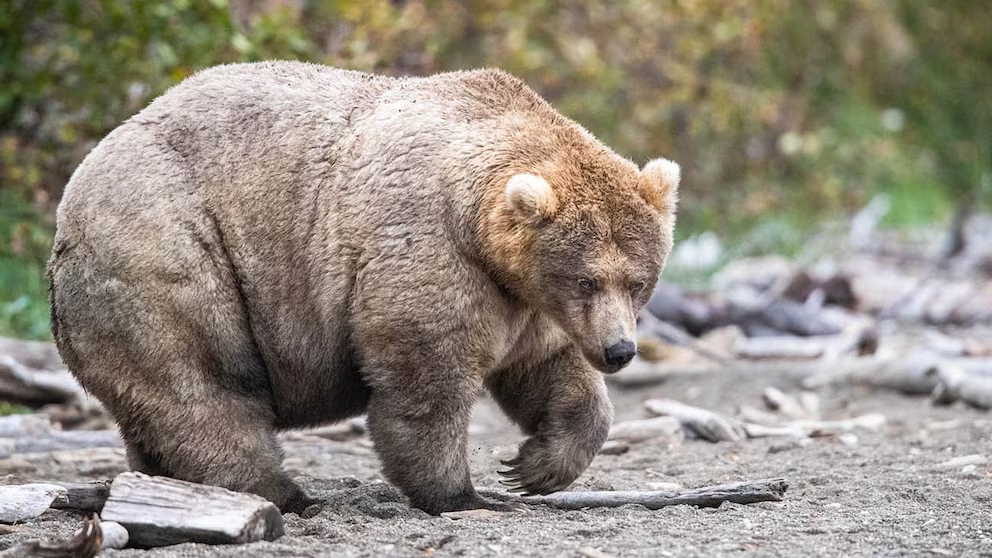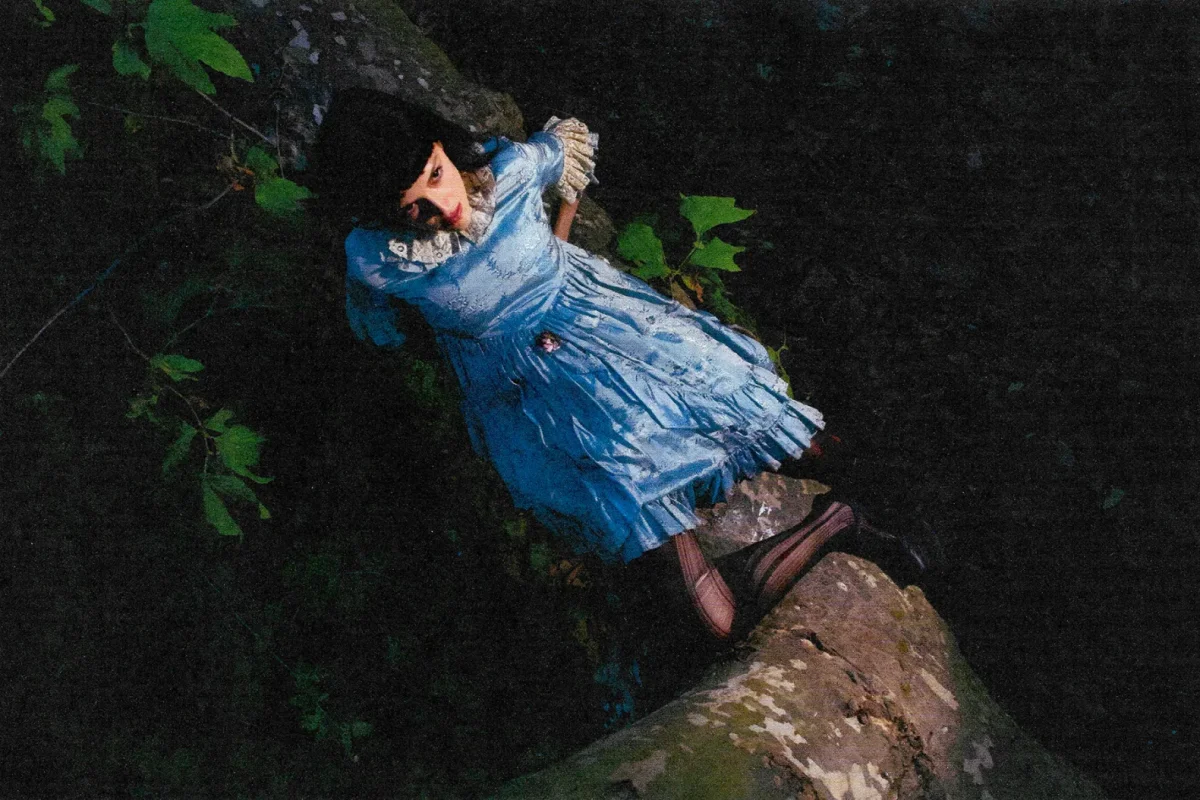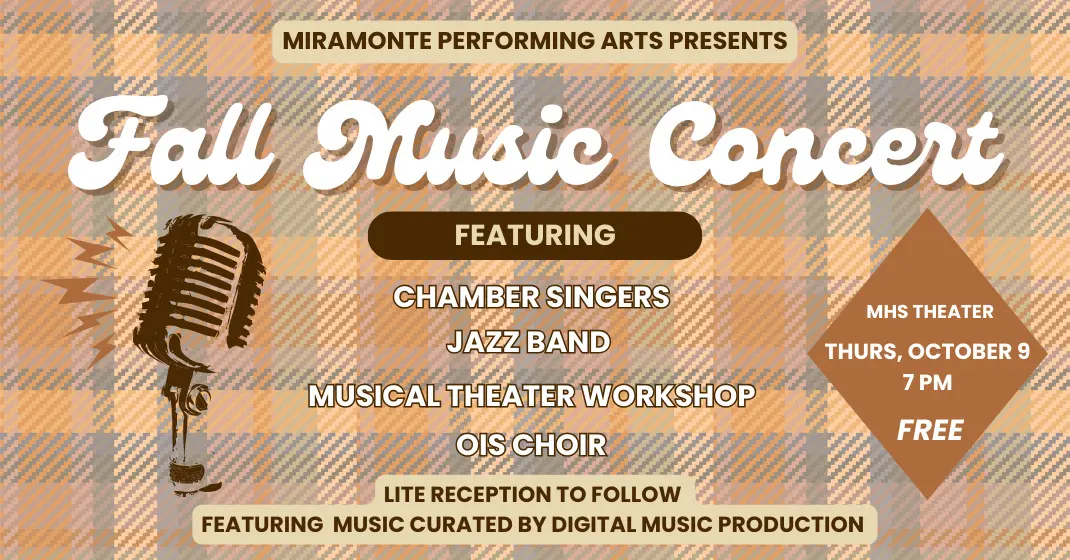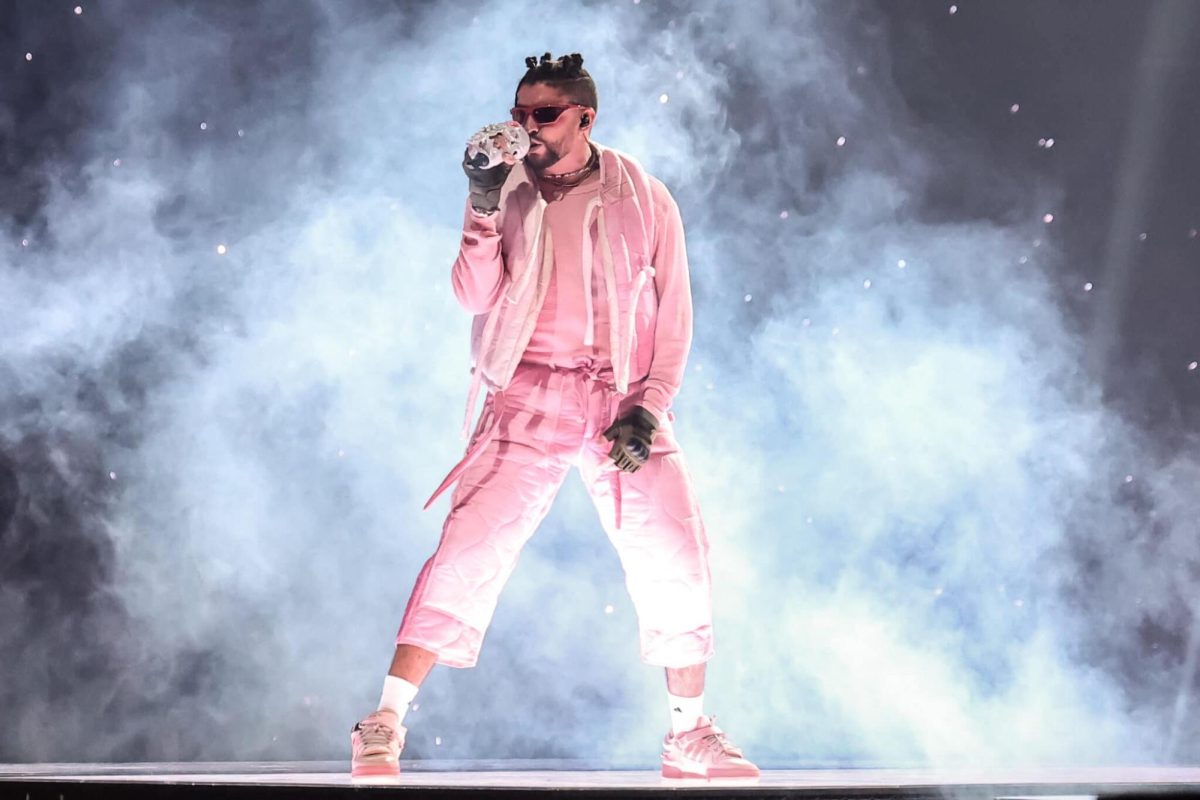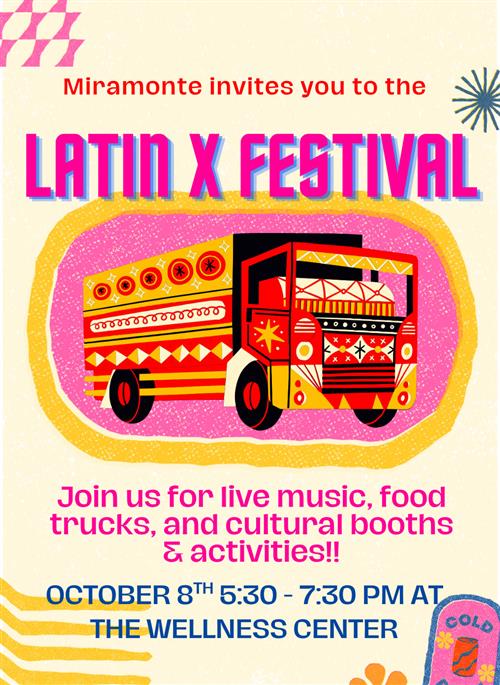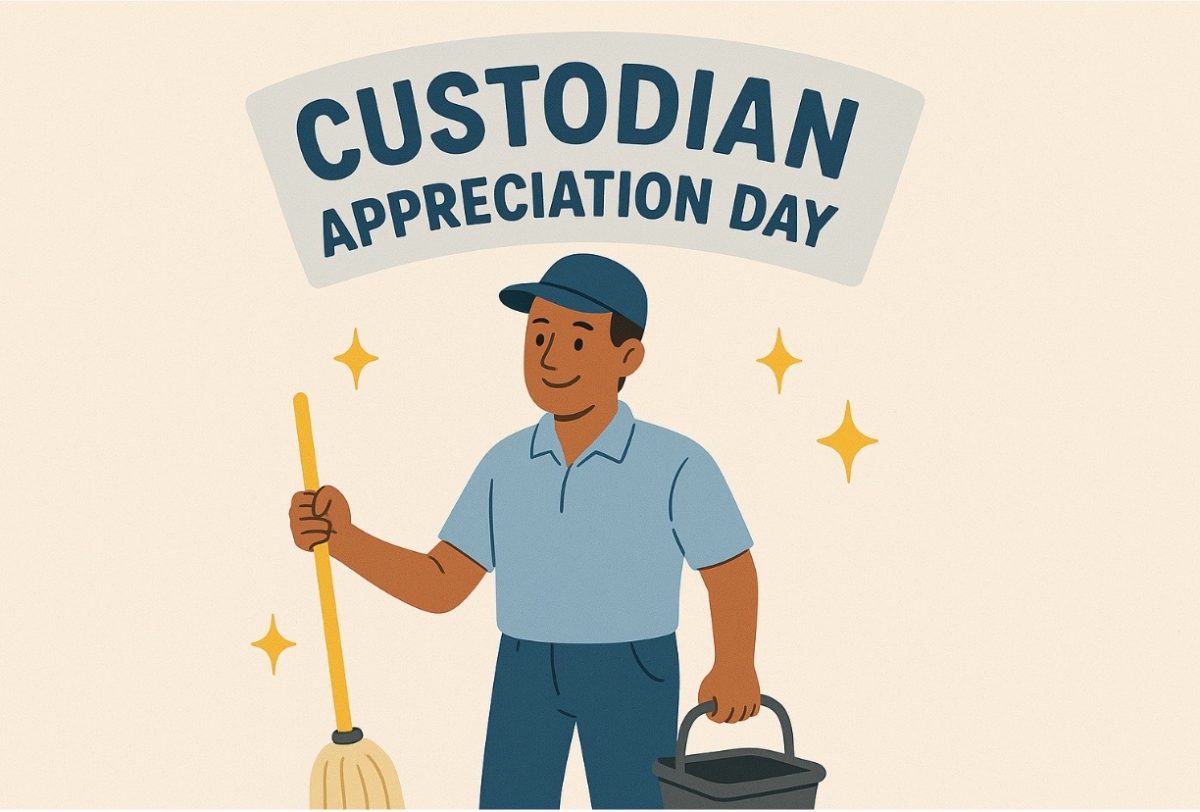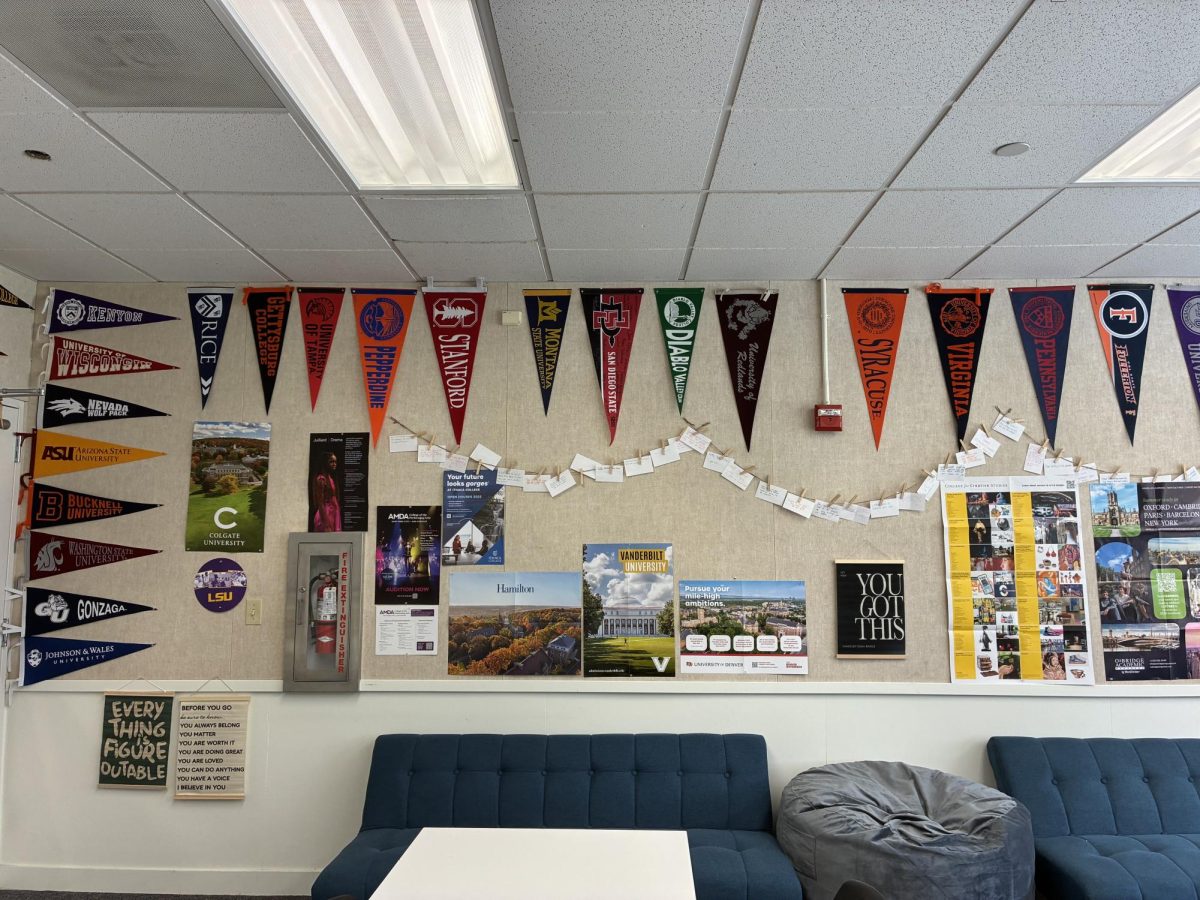Jane Goodall, the world-renowned ethologist and primatologist (a scientist specializing in animal behavior and in primate behavior, respectively) best known for her groundbreaking discoveries regarding chimpanzees, passed away on Oct. 1 at 91, leaving behind a rich legacy of love, compassion and understanding for both animals and people.
Goodall wasborn in 1934 as Valerie Jane Morris-Goodall in London, England. All throughout her childhood, Goodall’s interest in animals was apparent. With a pony, dog and tortoise, Goodall spent much of her free time animal-watching and playing with her beloved pets. Outside of observing animals, Goodall also occupied herself by reading books on ethology, although her favorite books were the Tarzan of the Apes series and the Doctor Dolittle series. Goodall dreamed of some day traveling to Africa to observe and study animals like the ones from her favorite books.
In 1950, Goodall graduated from high school and, unable to afford college and still dreaming of traveling to Africa, attended secretarial school in London. During this time, Goodall took on both a waitressing job and a film production assistant job until she had the funds to travel to Africa.
In 1960, a 23-year-old Goodall arrived in Tanzania, Africa. She met Louis Leakey during this trip, a renowned paleoanthropologist (a scientist who studies the origins and predecessors of the modern-day human species through fossilized remains and artifacts), who offered her a position at the local natural history museum. Observing Goodall’s kind and genuine approach with animals, Leakey provided support for her to set up a camp in the Gombe Stream Game Reserve, where she observed the habits and nature of chimpanzees on-and-off for several decades.
While her stay at this camp entailed both onerous hikes through rugged terrain and an unlucky bout of malaria, Goodall’s time at the camp was nonetheless rewarding; she came to know each chimp intimately, giving them personal names and observing their day-to-day routine.
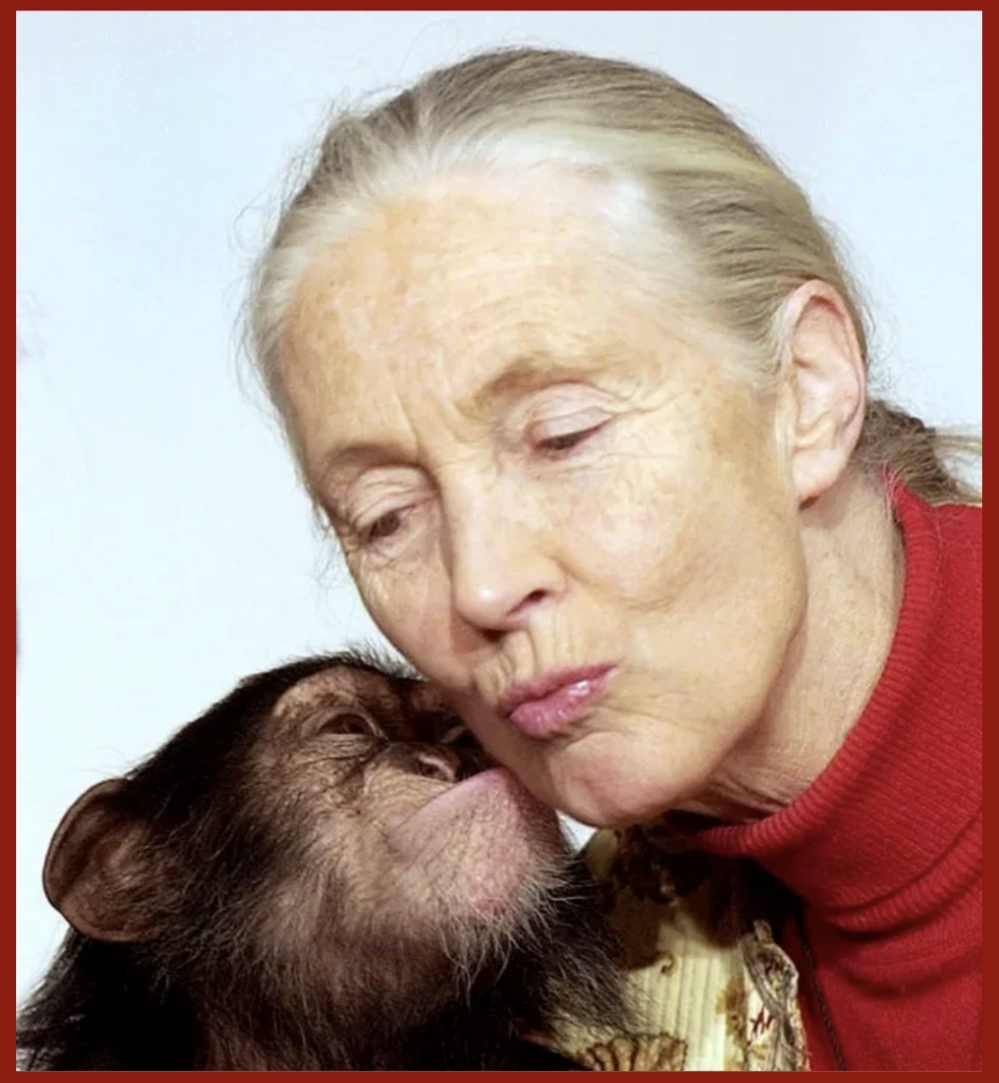
Goodall’s first breakthrough came when she noticed a chimpanzee, whom she had named David Greybeard, using a blade of grass to extract termites from their mounds. Prior to Goodall’s discovery, the ability to use
tools was considered a uniquely human ability. During her stay at Gombe Stream Game Reserve, Goodall made three main discoveries: chimps use tools; chimps make their own tools; and chimps are omnivores, not herbivores.
After her first discovery of chimpanzees’ ability to use tools, Goodall telegraphed Leakey to inform him of her discovery, to which he replied: “Now we must redefine ‘tool,’ redefine ‘man,’ or accept chimpanzees as humans.”
In the years after her first trip to Africa, Goodall returned to England to earn her Ph.D. from Cambridge University, later publishing her first book entitled “My Friends, the Wild Chimpanzees.” This book, although wildly popular among the general public, attracted criticism from Goodall’s academic peers, who criticized her unorthodox scientific methods and studies. They disagreed with her method of naming each chimpanzee instead of numbering them and her insistence on the belief that chimpanzees have personalities and feel emotions.
“I definitely think that Goodall is the main reason we now view animals as sentient beings. Before, they were seen as instinct-driven creatures with little individuality or emotion,” Environmental Solutions Club officer and senior Penelope Gall said. “Goodall’s work specifically helped to expose chimpanzees’ deep social connections as well as intelligence. She witnessed them caring for each other and grieving their dead.”
Despite criticism from the academic community, Goodall largely remained in Gombe until 1975, where she continued to observe chimpanzees. In 1977, Goodall co-founded the Jane Goodall Institute for Wildlife Research, Education and Conservation, now simply called the Jane Goodall Institute.
In the late 1980s, Goodall shifted her work and messaging to environmental and conservation-based causes, when she began to observe an increase in the widespread patterns of deforestation. She was worried about the impact of deforestation on the habitats of chimpanzees and other forest-living animals. In 1991, Goodall founded Roots & Shoots, an organization encouraging youth around the world to create and participate in projects helping the environment.
“Goodall’s message reminds us that every person on this planet has the ability to make change, however small it may be. Our daily choices — conserving water, eating lower on the food chain, etc. — can collectively have a huge impact on the planet. We aren’t powerless — we can actively shape the difference we make,” Gall said.
Throughout her life, Goodall received much recognition for her significant contributions to both animals and humans alike. In 2002, Goodall was appointed a United Nations Messenger of Peace, and in 2025 she was awarded the Presidential Medal of Freedom by former President Joe Biden. These medals stand alongside a multitude of other prestigious recognitions she earned in her lifetime.
“We can take inspiration from Jane Goodall’s legacy by remembering to be curious and kind, not just to each other but to the natural world. She reminded us that the science doesn’t have to be something detached or unfeeling, and that the natural world is rarely as simple as we may first expect it to be,” Lindsay Wildlife Experience Teen Program Coordinator Kenneth Richey said.
In the Netflix documentary titled “Famous Last Words,” Goodall reflects on her life and shares her final message to the world.
“I want to make sure that you all understand that each and every one of you has a role to play. You may not know it, you may not find it, but your life matters, and you are here for a reason…you make a difference in the world. And you get to choose the difference that you make.”

